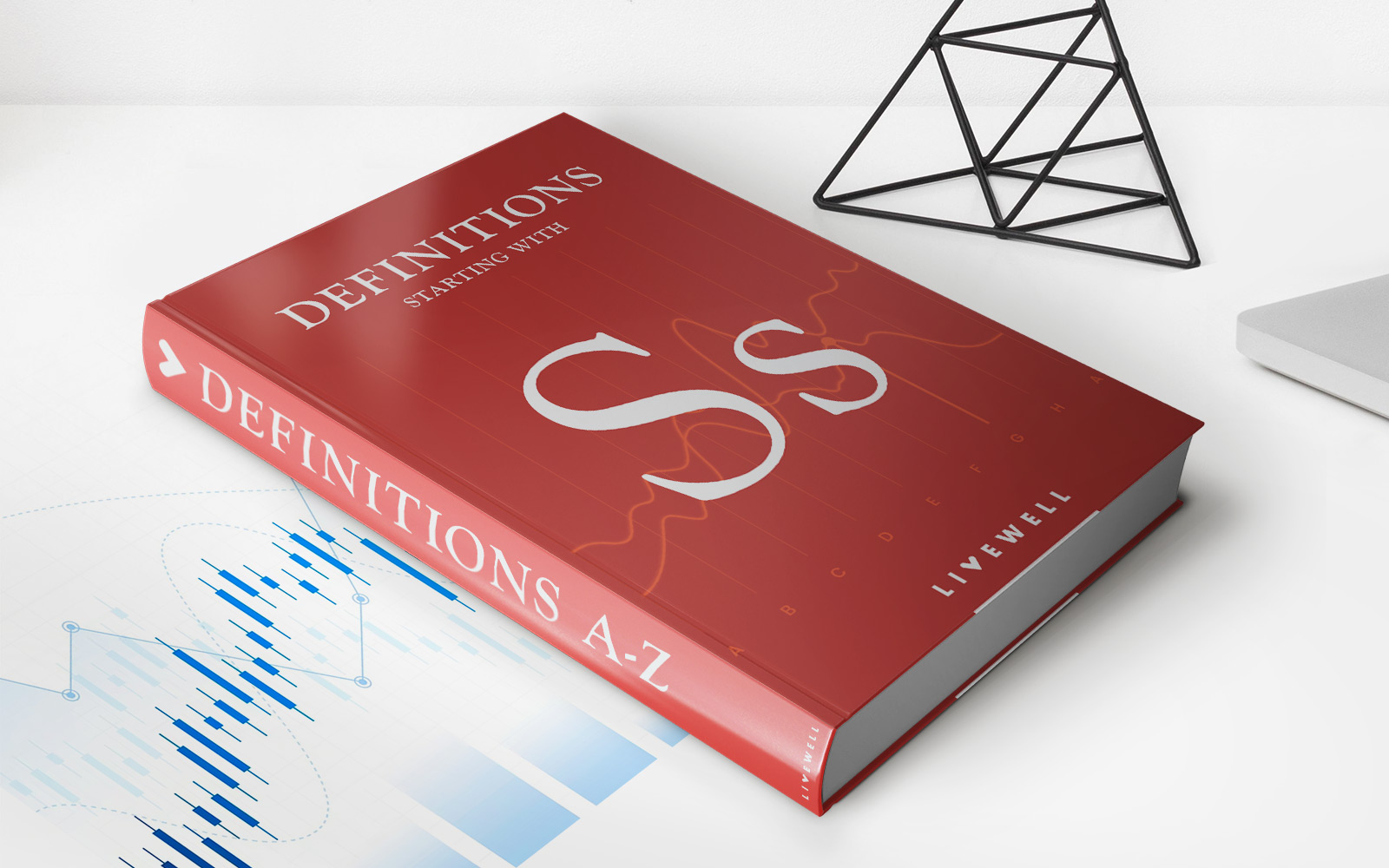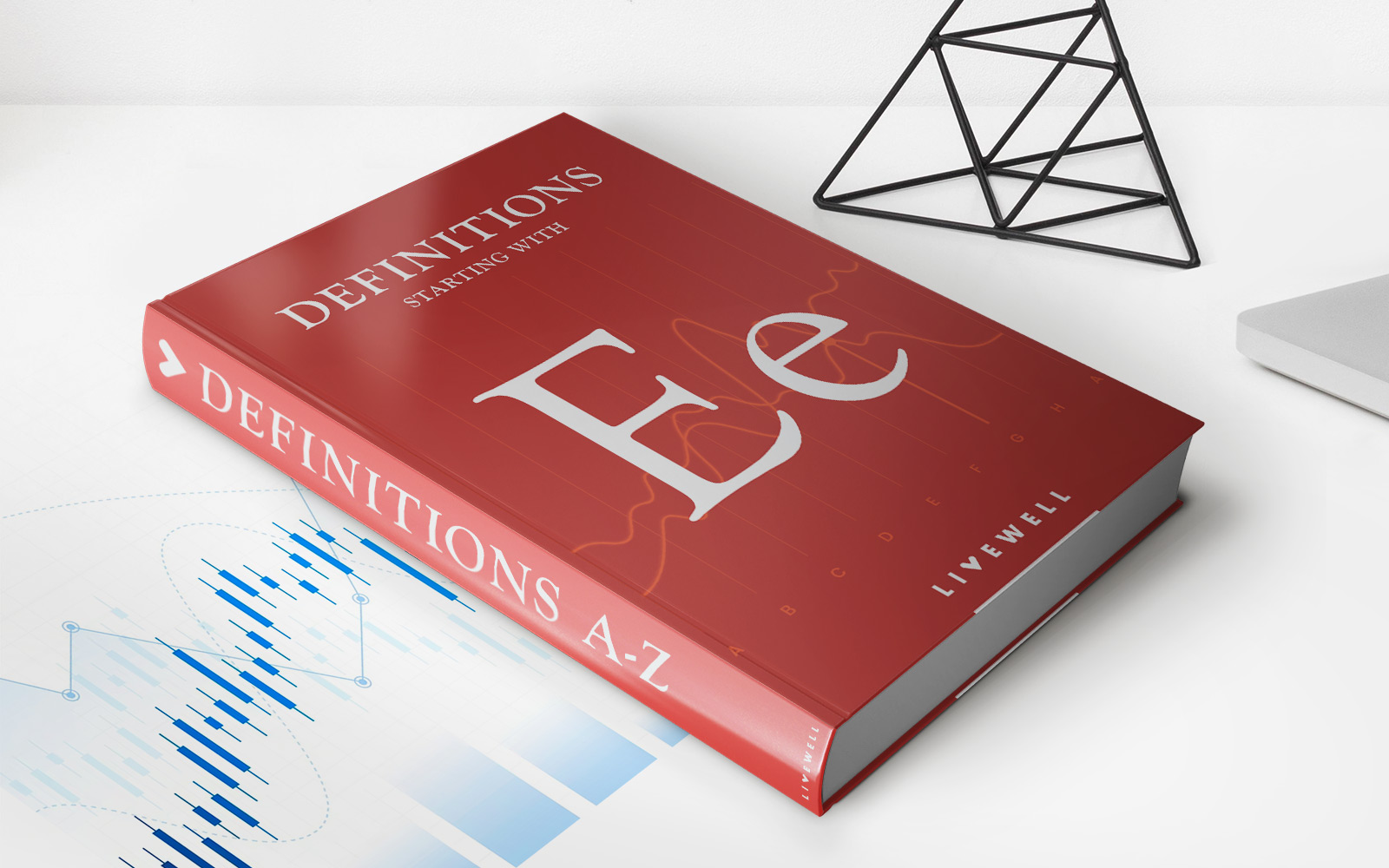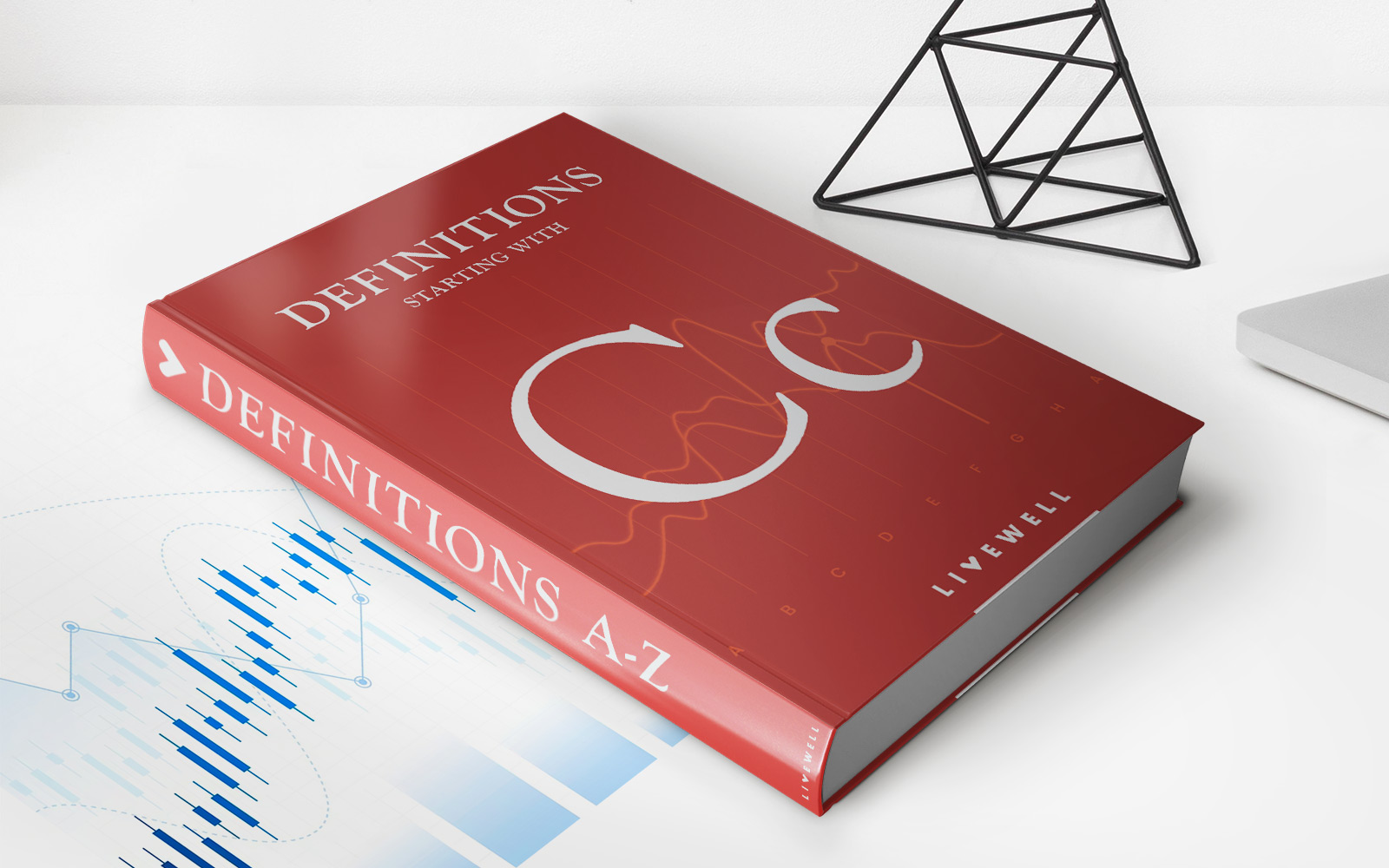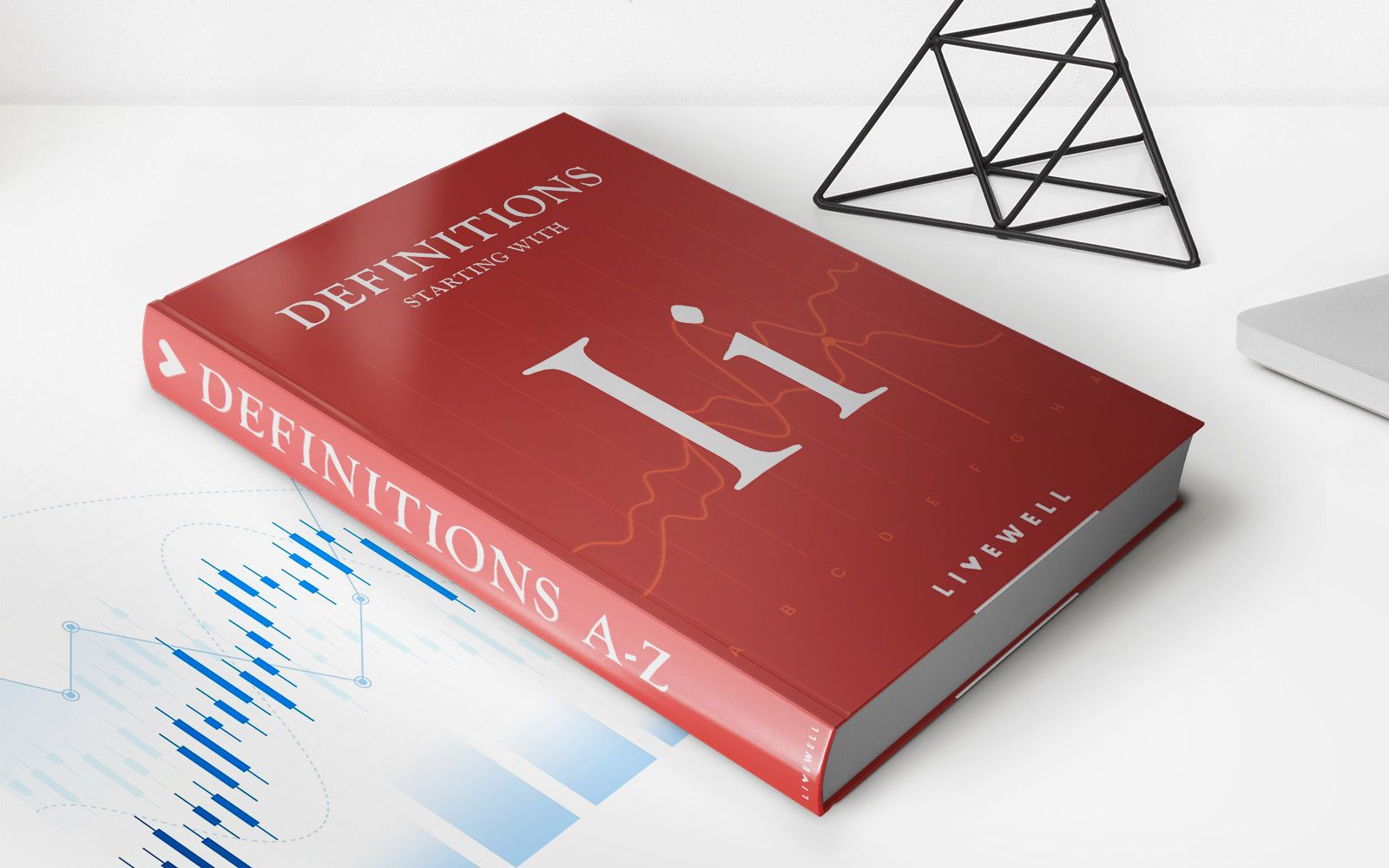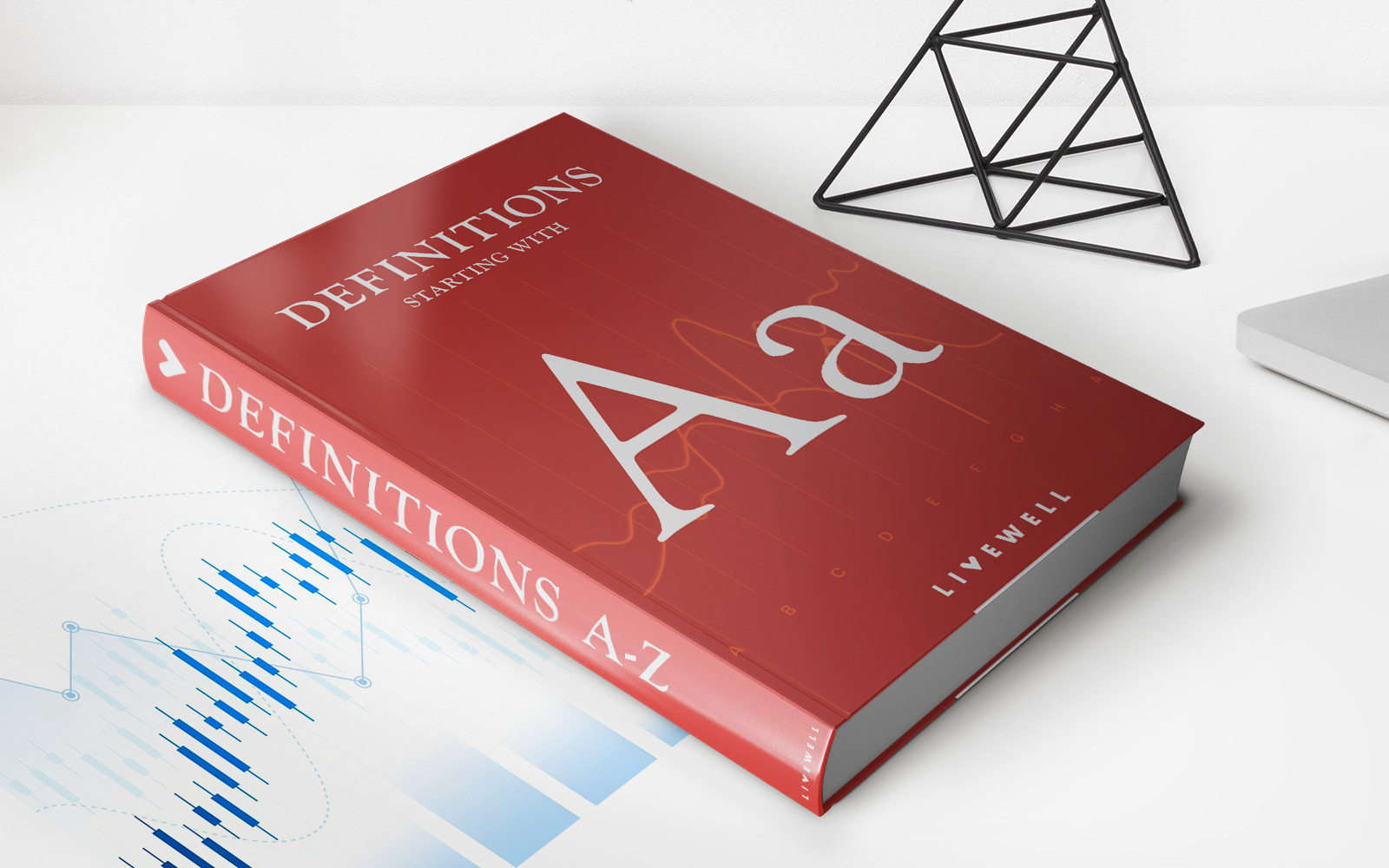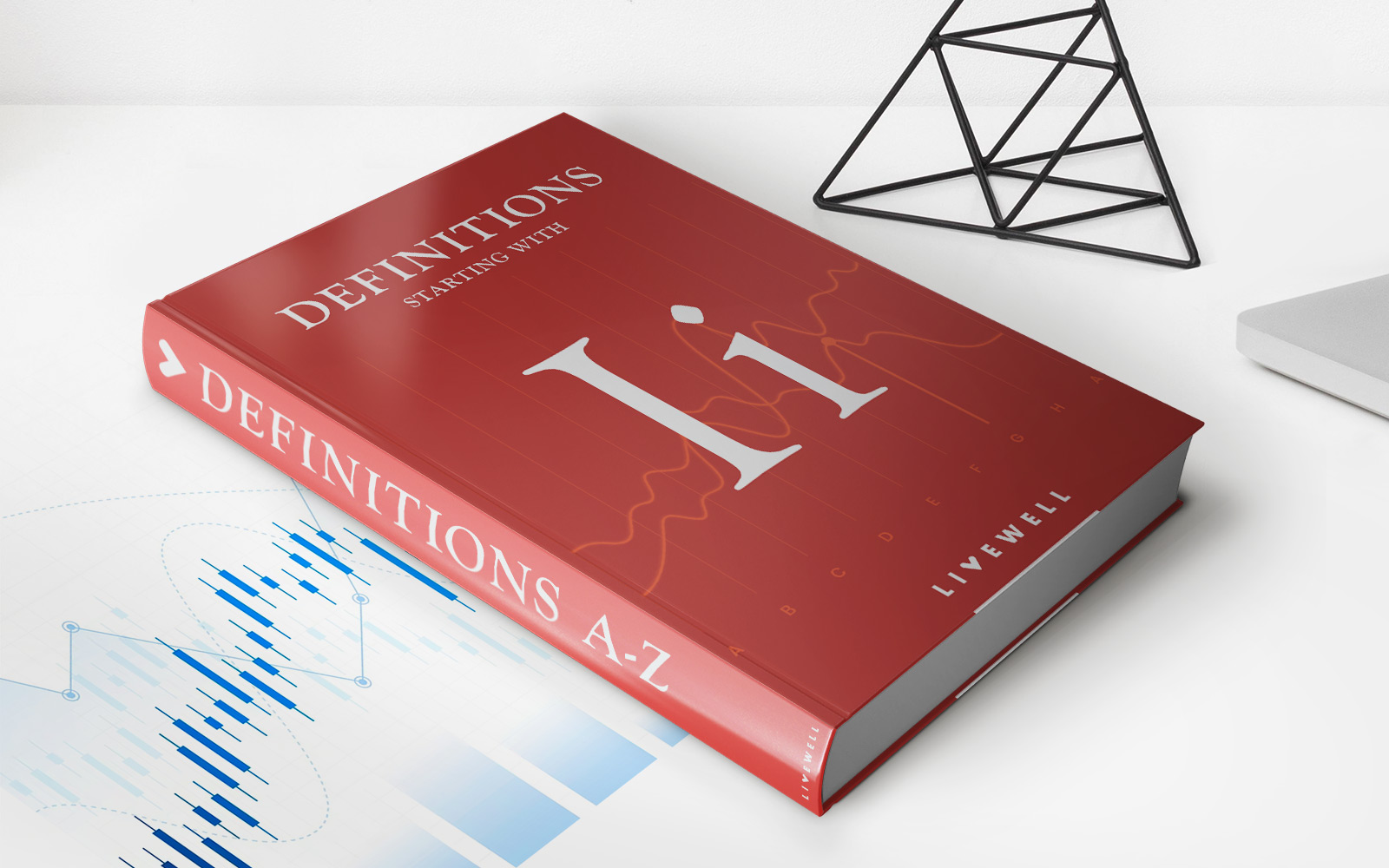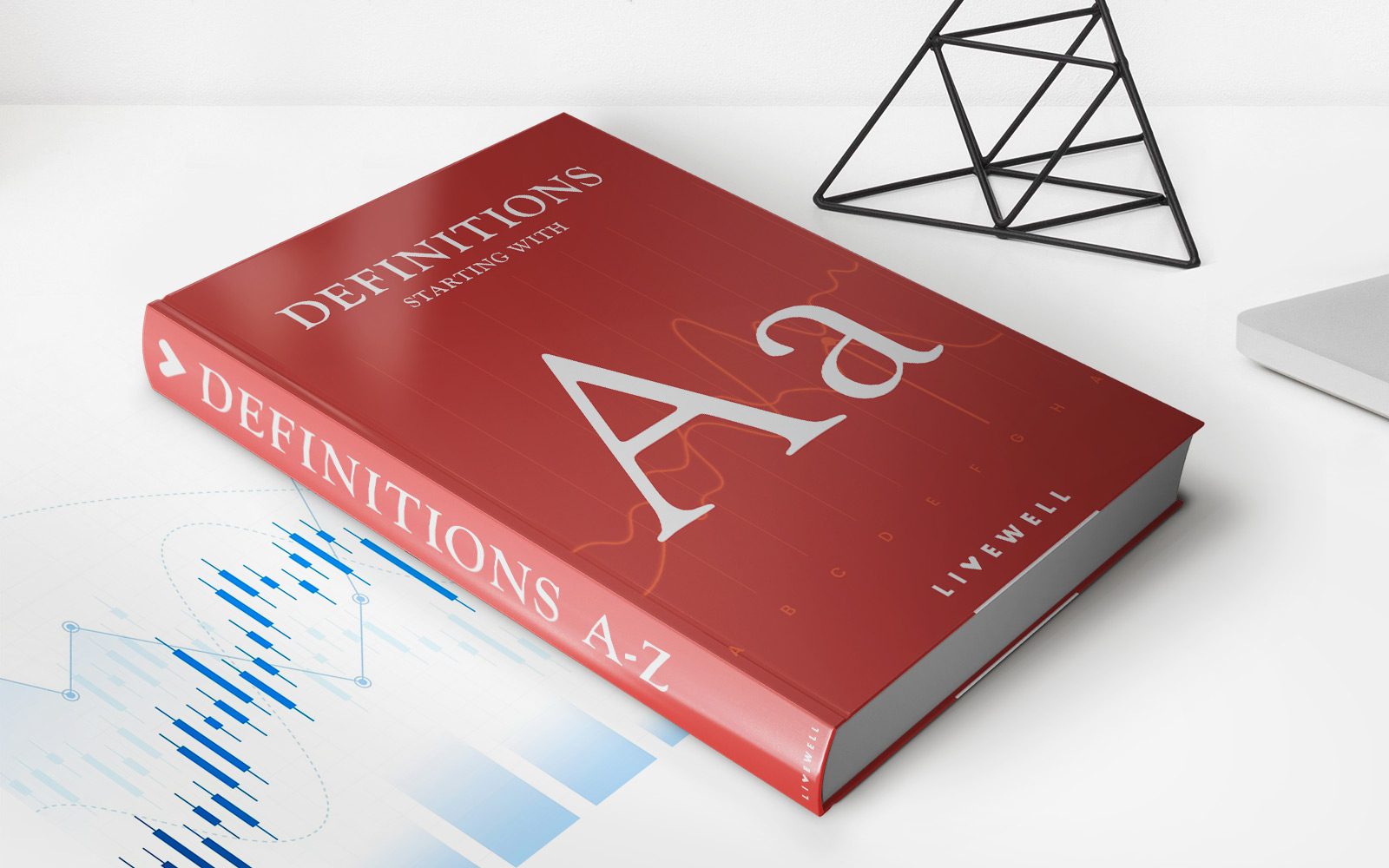Home>Finance>Murabaha: Definition, Example, And Financing Under Islamic Law
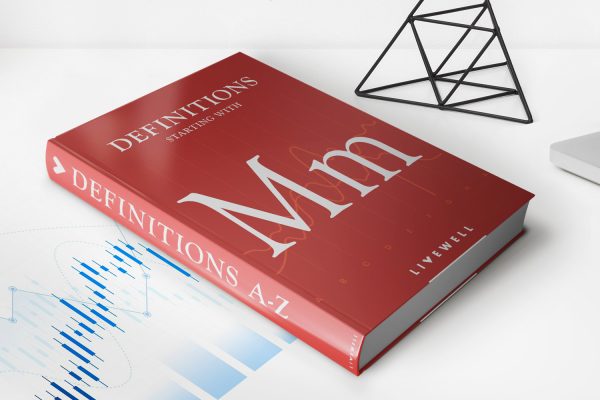
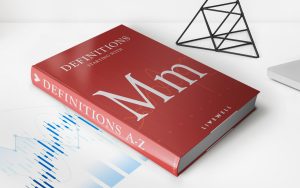
Finance
Murabaha: Definition, Example, And Financing Under Islamic Law
Published: December 28, 2023
Learn about Murabaha, a form of Islamic financing. Understand its definition, explore an example, and discover how it is applied under Islamic law. Enhance your knowledge of finance.
(Many of the links in this article redirect to a specific reviewed product. Your purchase of these products through affiliate links helps to generate commission for LiveWell, at no extra cost. Learn more)
Murabaha: Definition, Example, and Financing Under Islamic Law
Are you looking for an alternative financing method that aligns with your religious beliefs? If so, you might be interested in Murabaha. In this blog post, we will explore the concept of Murabaha, provide an example to help you understand it better, and discuss how it is used for financing under Islamic law.
Key Takeaways:
- Murabaha is an Islamic financing method that involves the sale of goods at a marked-up price.
- The transaction in Murabaha is structured as a cost-plus-profit arrangement, ensuring compliance with the prohibition of interest in Islamic finance.
What is Murabaha?
Murabaha is a term used in Islamic finance, derived from the Arabic word “Ribh” which means profit. It is a financing agreement where the seller discloses the cost and profit margin to the buyer. The buyer then agrees to purchase the goods at an agreed-upon price, which includes the original cost plus the seller’s profit margin.
This financing method is commonly used for business transactions, allowing individuals and companies to purchase assets, equipment, or fulfill their financing needs without engaging in conventional loans involving interest (riba).
Example: How Murabaha Works
Let’s say a company wants to purchase a new piece of equipment to expand its production capacity. They approach a financing institution following Islamic principles to fund the purchase. Here’s how Murabaha works in this scenario:
- The company selects the equipment and requests a quotation from the financing institution, including the cost and the profit margin.
- The financing institution discloses the cost of the equipment, along with a reasonable profit margin added to the price.
- The company agrees to purchase the equipment at the total price, which includes the disclosed cost and profit margin.
- The financing institution purchases the equipment directly from the supplier and delivers it to the company.
- The company repays the financing institution in installments over an agreed-upon period.
As you can see, Murabaha provides a transparent and Sharia-compliant financing solution, allowing individuals and businesses to access the funds they need while adhering to their religious beliefs.
Financing Under Islamic Law: Murabaha
Murabaha is a widely used financing method in Islamic banking and finance. It provides a viable alternative that adheres to the principles of Islamic law, especially the prohibition of interest (riba).
Some key features of Murabaha financing include:
- The profit margin is disclosed upfront, providing transparency to the buyer.
- The financing institution takes possession of the goods before selling them at the marked-up price, eliminating uncertainty and ensuring a valid transaction.
- Repayment occurs over a specified period, often through installments, enabling flexibility for the buyer to manage their finances while fulfilling their obligations.
- As an asset-based financing method, Murabaha can be used for various purposes, including trade finance, consumer financing, and project financing.
Overall, Murabaha offers an ethical and compliant financing option for individuals and businesses seeking Islamic finance solutions while avoiding conventional interest-based loans.
Conclusion
Murabaha is a valuable financing method that caters to individuals and businesses adhering to Islamic law. By providing transparency, avoiding interest-based transactions, and allowing flexible repayment options, Murabaha helps fulfill the financing needs of individuals and businesses, ensuring compliance with religious beliefs.
If you are looking for Sharia-compliant financing options, consider exploring Murabaha and consulting with an Islamic financial institution to understand how it can work for your specific requirements.
